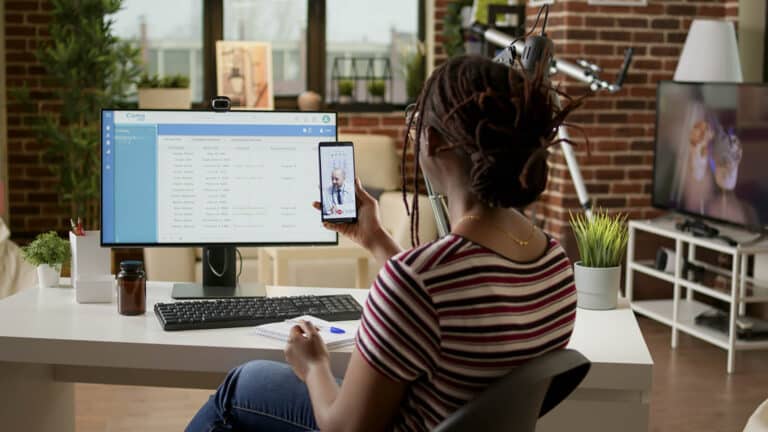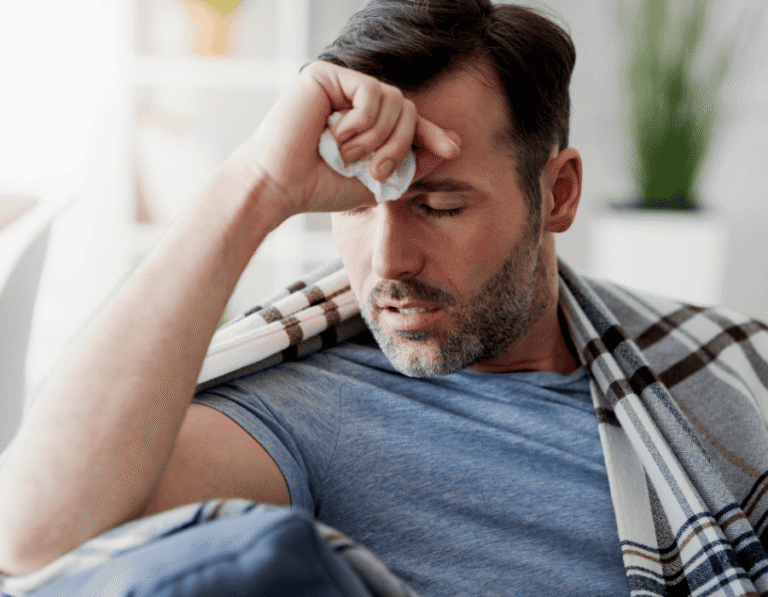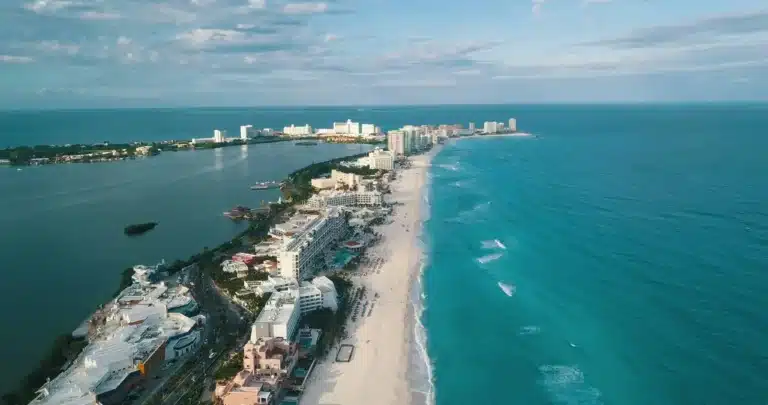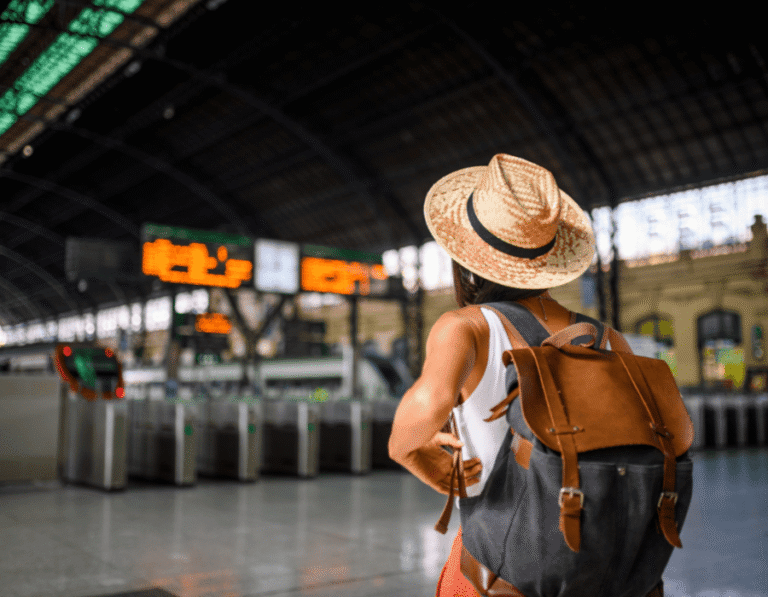Getting sick while traveling is never fun — especially in a new city where you don’t speak the language and don’t know how the healthcare system works. But don’t worry. If you’re feeling under the weather in Hanoi, we’ve got you covered. From hospitals and clinics to pharmacies and travel insurance tips, this guide will walk you through everything you need to know.
Understanding Hanoi’s Healthcare System
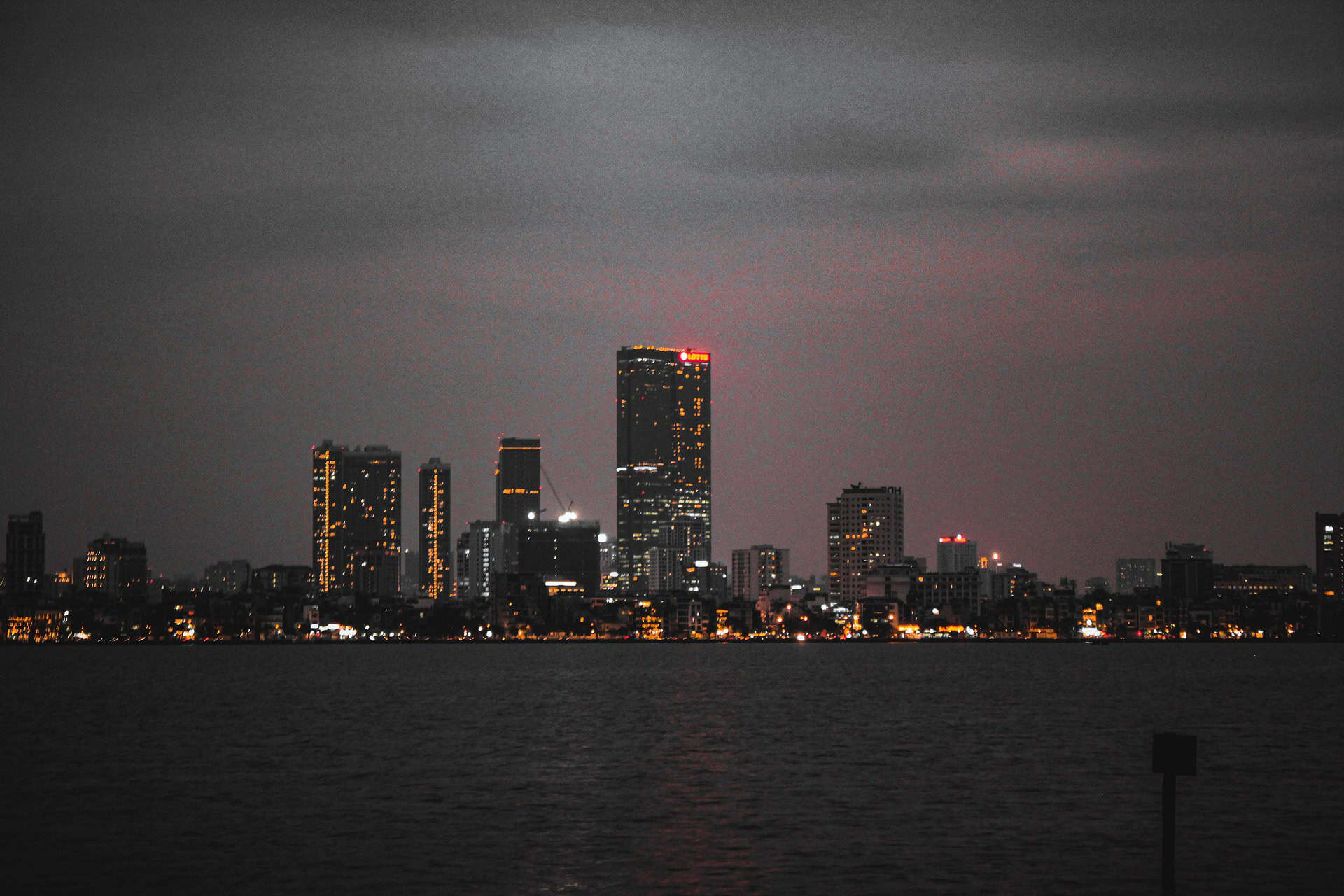
Hanoi’s healthcare is a mix of public hospitals and private clinics. While the public system is affordable, it can be crowded, and English isn’t always spoken. Private clinics tend to be more expensive, but they offer shorter wait times, better equipment, and English-speaking staff — ideal for tourists.
Private vs. Public Healthcare in Hanoi
- Public hospitals: Lower cost, but busier. Great if you’re on a budget but expect longer waits.
- Private clinics: Pricier, but faster and more tourist-friendly. Most doctors and nurses speak English, and many are internationally trained.
Emergency Medical Care
Here are the numbers you need in case of an emergency.
Essential Emergency Numbers in Hanoi
- General Emergency (Police): 113
- Ambulance: 115
- Fire: 114
Save these numbers in your phone before you explore the city — just in case.
How to Call an Ambulance in Hanoi
To call an ambulance, dial 115. Operators may not speak English fluently, so if possible, have a local help you make the call. Or better yet, contact your hotel reception or travel assistance provider for help.
When to Go to a Hospital vs. an Urgent Care Clinic
- Go to a hospital for serious injuries, infections, or anything that might need advanced equipment.
- Visit an urgent care clinic for mild to moderate issues like ear infections, minor injuries, or flu symptoms.
Pharmacies & Medication: What You Need to Know
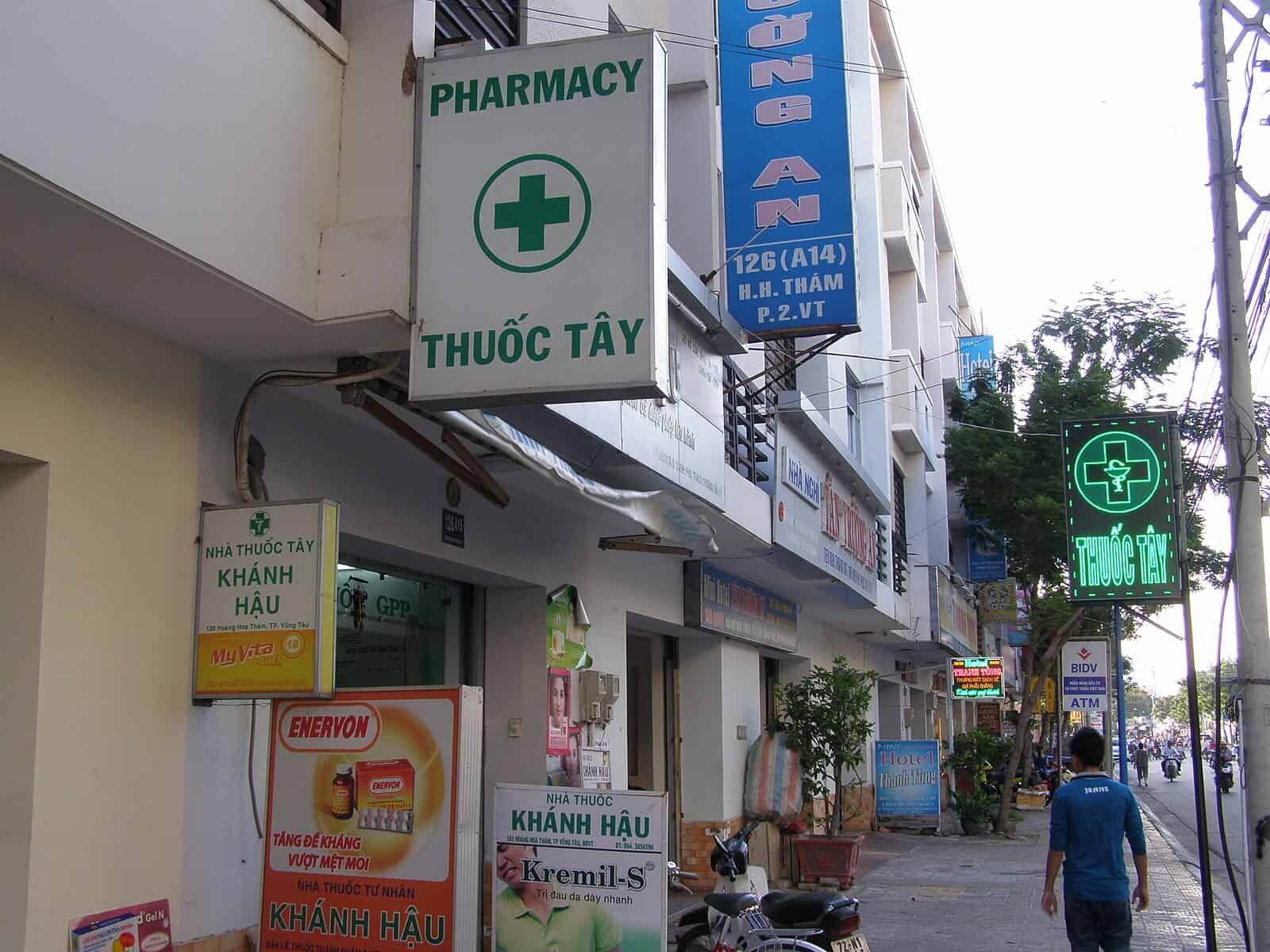
Hanoi has many pharmacies, especially around tourist areas. Some are open 24/7 and can provide over-the-counter medication for things like colds, stomach aches, or minor pain.
- Look for “Nhà Thuốc” signs – that means “pharmacy.”
- Always check expiration dates and ask if they have English instructions.
- It’s a good idea to bring a photo or name of the medication you need. Brand names may vary.
What To Do If You’ve Got Travel Insurance
Having travel insurance can save you money and stress — but you’ll need to follow the right steps.
Documents You’ll Need to Submit a Claim
While every insurance company is different, most require:
- A doctor’s note
- A receipt from the clinic or hospital
- Your insurance policy number
To be safe, check your policy or contact your insurer to confirm what’s required before you visit a clinic.
Language Barriers
Hanoi is a busy tourist hub, but English isn’t always widely spoken outside of hotels and tourist attractions. At hospitals and local clinics, communication might be a challenge.
Here are some Vietnamese phrases that may help:
- “Tôi bị đau bụng” – I have a stomachache
- “Tôi bị sốt” – I have a fever
- “Tôi cần gặp bác sĩ” – I need to see a doctor
- “Tôi bị dị ứng” – I have an allergy
How to Avoid Getting Sick in Hanoi
Let’s try to avoid the whole “sick abroad” situation to begin with.
- Don’t drink tap water – Stick to bottled or filtered water. That includes brushing your teeth!
- Be cautious with street food – Hanoi street food is legendary, but choose busy stalls where food is made fresh.
- Wash your hands often – Especially before meals.
- Avoid mosquito bites – Wear repellent and cover up in the evenings, especially during rainy season.
Common Illnesses in Hanoi
- Traveler’s diarrhea (often from water or food)
- Heat exhaustion in the summer months
- Mosquito-borne illnesses like dengue fever (less common but worth noting)
Healthcare Tips for Pregnant Travelers & Those with Pre-existing Conditions
If you’re pregnant or managing a medical condition, it’s a good idea to:
- Travel with your medical records (translated if possible)
- Know where the nearest private hospital is
- Have a backup plan for emergencies
Air Doctor lets you search for doctors by specialty—handy if you need a pediatrician, gynecologist, or chronic care provider.
Finding an English-Speaking Doctor in Hanoi
Let’s be honest — it can be stressful to find the right kind of care when you’re traveling. Especially if you’re looking for someone who speaks your language.
That’s where Air Doctor comes in. Use the app to book a clinic, hotel, or video consultation with an English-speaking doctor in Hanoi — 24/7.
Getting Help Beyond Healthcare
Sometimes, you need more than a doctor. If you’ve lost your passport, need help contacting family, or require support during a health emergency, your country’s embassy or consulate can step in.
Check this list to locate your nearest embassy in Hanoi.
Recap
Here’s your quick checklist if you’re feeling sick in Hanoi:
- Don’t panic — you have options.
- Choose private clinics for faster, English-friendly care.
- Know emergency numbers: 115 for ambulance.
- Stick to bottled water.
- Use Air Doctor to book a trusted local doctor.
- Keep your insurance documents handy.
- Contact your embassy if you need more support.
About Air Doctor
With the Air Doctor app in your pocket, you can access medical care and receive expert medical guidance anywhere you travel.
Air Doctor offers a wide range of benefits, including:
- A global network of over 20,000 multi-lingual doctors and specialists
- Choice of clinic, at-home (hotel), and video consultations
- Healthcare access in 90 countries
- 24/7 multi-lingual support
- Transparent pricing and reviews
- Most common medical specialties, including cardiologists, GPs, and dentists
FAQs
Traveler’s diarrhea is the most common issue among tourists. It’s usually caused by drinking tap water or eating contaminated food.
Drink bottled water, eat at clean and busy food stalls, wash your hands often, and carry hand sanitizer with you.
Mosquitoes are present, especially in the wet season. While the risk of diseases like dengue is low for short-term travelers, it’s best to wear repellent and cover up when exploring outdoors.



